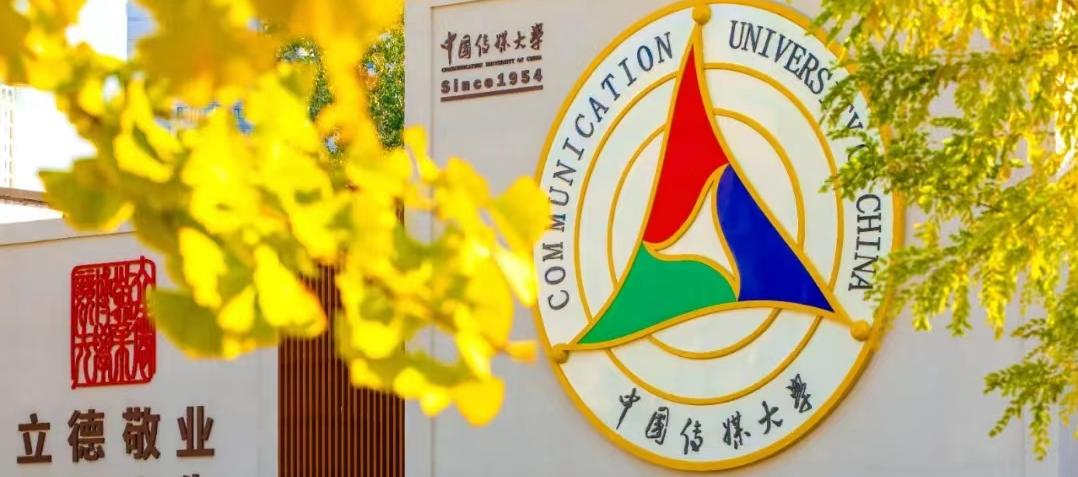Workshop Title:
Bridge the theory and Practice: The Balance of Arts and BusinessDate:
June 17th, 2024 (GMT+8)
Organizer:
Data Economy Committee, Chinese Association for Promoting County and Township Economic interchanges
The Department of Cultural Industries Management, Communication University of China
Keywords:
- city planning
- historical preservation
- cultural industries
Workshop Chair:
Personal Bio:
Associate Professor Yang Jianfei, specialized in cultural policy, cultural plan, rural cultural development in urbanization and cultural clusters transformed from rural houses and old factories. 11 of his research reports have been accepted by the State Ministry of Culture and Tourism and other Ministries. He has published more than 60 articles and 3 books.
Workshop Committee Members:
Head, Jianfei Yang Communication University of China gwyjf@126.com
Research Assistant, Haoxuan Zhang Communication University of China 1095877099@qq.com
Research Assistant, Wenrui Wang Management School, The University of Sheffield vincentwang_wr@sina.com
Workshop Description:
Background
There are many well-preserved ancient cities in the world. In recent years, the preservation and industrialization of the historical sites in the urban regeneration has become an important issue for the cities ’sustainable development. During the process, these historical sites become strong force to promote the economic development and sharpen a city’s image. The poetical of historical and cultural heritage should be unlocked and cultural tourism industries is newly developed. How does a city balance the historical preservation and cultural industries development in city regeneration? How a city promotes its cultural economics? The workshop will set a platform for scholars in the world to discover the real solution.
Goal/Rationale:
- How does a city balance the historical preservation and cultural industries development in city regeneration
- What policies or measures can be done to promote the sustainable development of historical site and heritages.
- Experience exchange based on different case studies on the industrialization of historical site and heritages.
Scope and Information for Participants
- Protection Strategies for historical and cultural heritage, including the improvement of laws and regulations, and the establishment of protection mechanisms.
- the creative approaches to unlock the potential of historical site and make it into business.
- Innovative way to promote the integration of cultural heritage and modern city life.
- Cross-departmental or cross-regional cooperation models to jointly promote the protection, development, and utilization of historical and cultural heritage.
- Relevant evaluation standards to ensure the effectiveness of the protection, development, and utilization of historical and cultural heritage.
Highlight:
The workshop "Bridge the theory and Practice: The Balance of Arts and Business" was held on June 17th, 2024 at the Teaching Building No.1, Communication University of China (CUC) by Associate Professor Yang Jianfei. The students attending the workshop were mainly doctoral students from the Discipline of Cultural Industries Management and Arts Management at CUC. The workshop showcased some of the lasted research conducted in the area of cultural industries and art management.
We discussed how to balance the business benefit and the art quality in the perspective of cultural economics. Business-backed initiatives to support prestigious arts organizations, initially through programme sponsorship, have become naturalized as part of plural arts funding. Yet critics appeared from the outset of the arts-business nexus, arguing against the privatization
of public culture, and remain today. The role of the arts in enhancing business relationships is discussed with reference to two prominent examples: corporate art collections; and contemporary artists collaborating with luxury brands, including recent initiatives of LVMH. Financial services institutions have used art as a point of differentiation and to address--at least before the current banking crisis--a somewhat staid, conservative, and uncreative image. The discussion also covered the topic of whether AI can solve Baumol's cost disease. The workshop concludes by analysig examples in the US, UK, China and elsewhere.
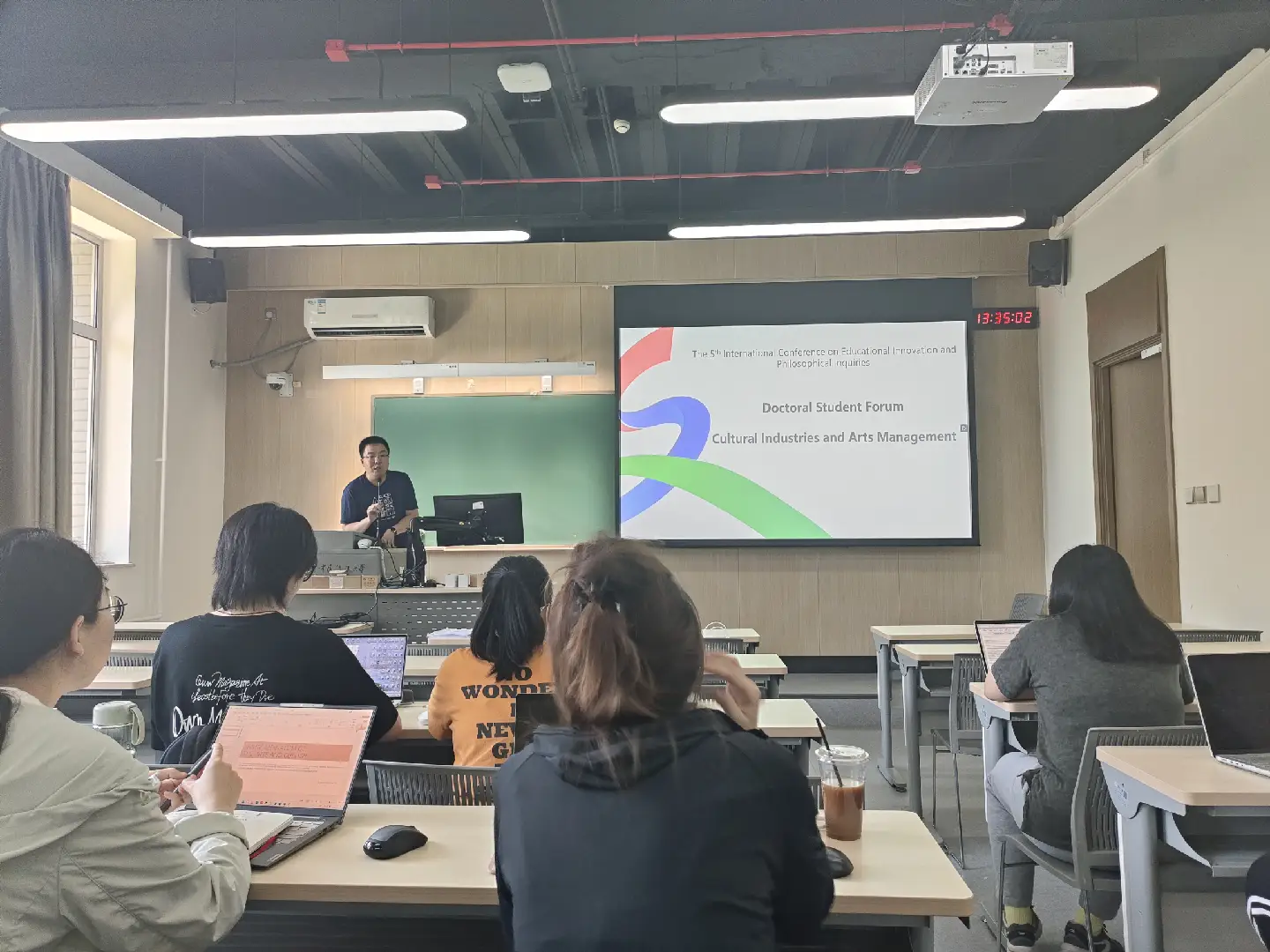
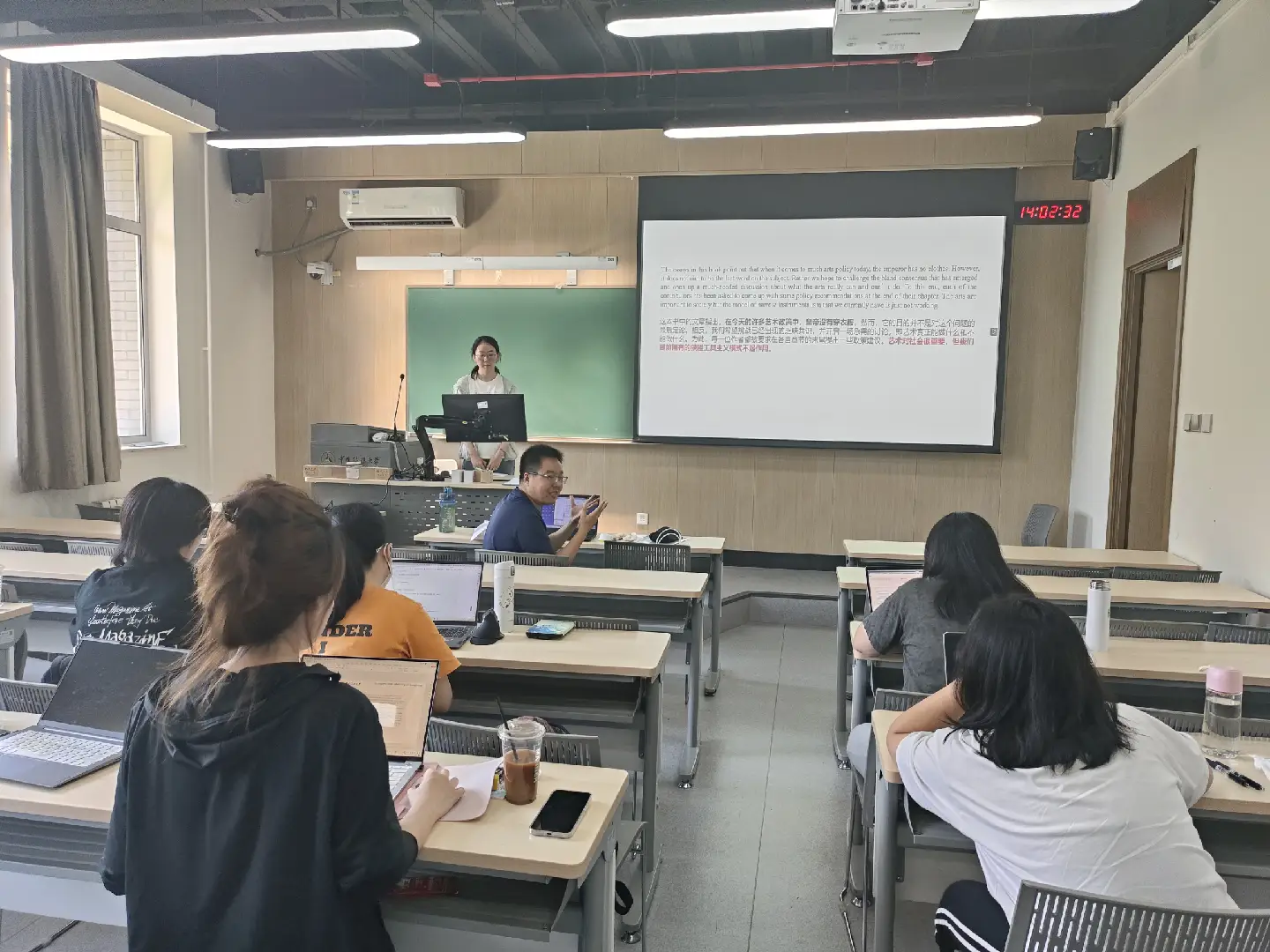
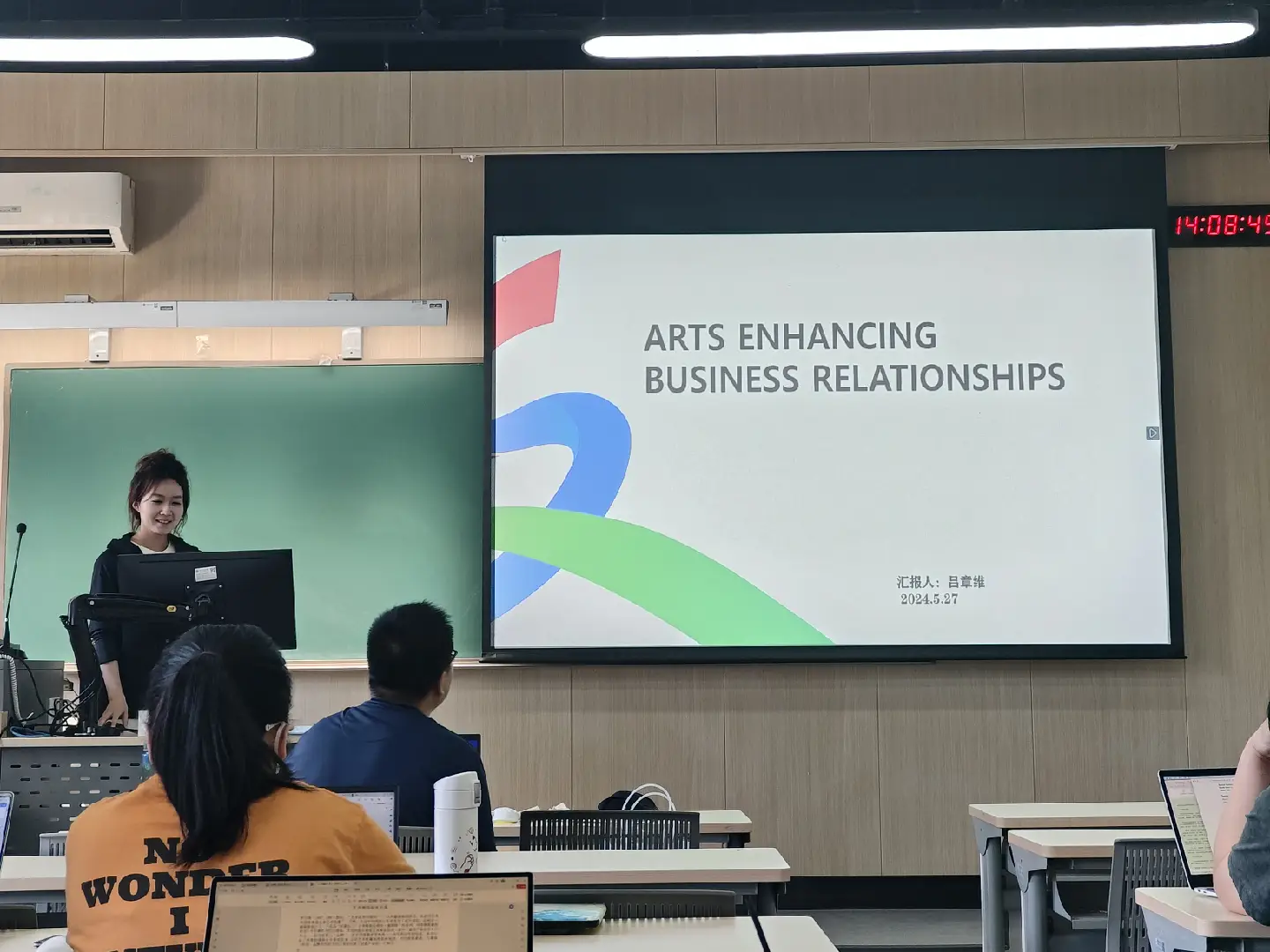
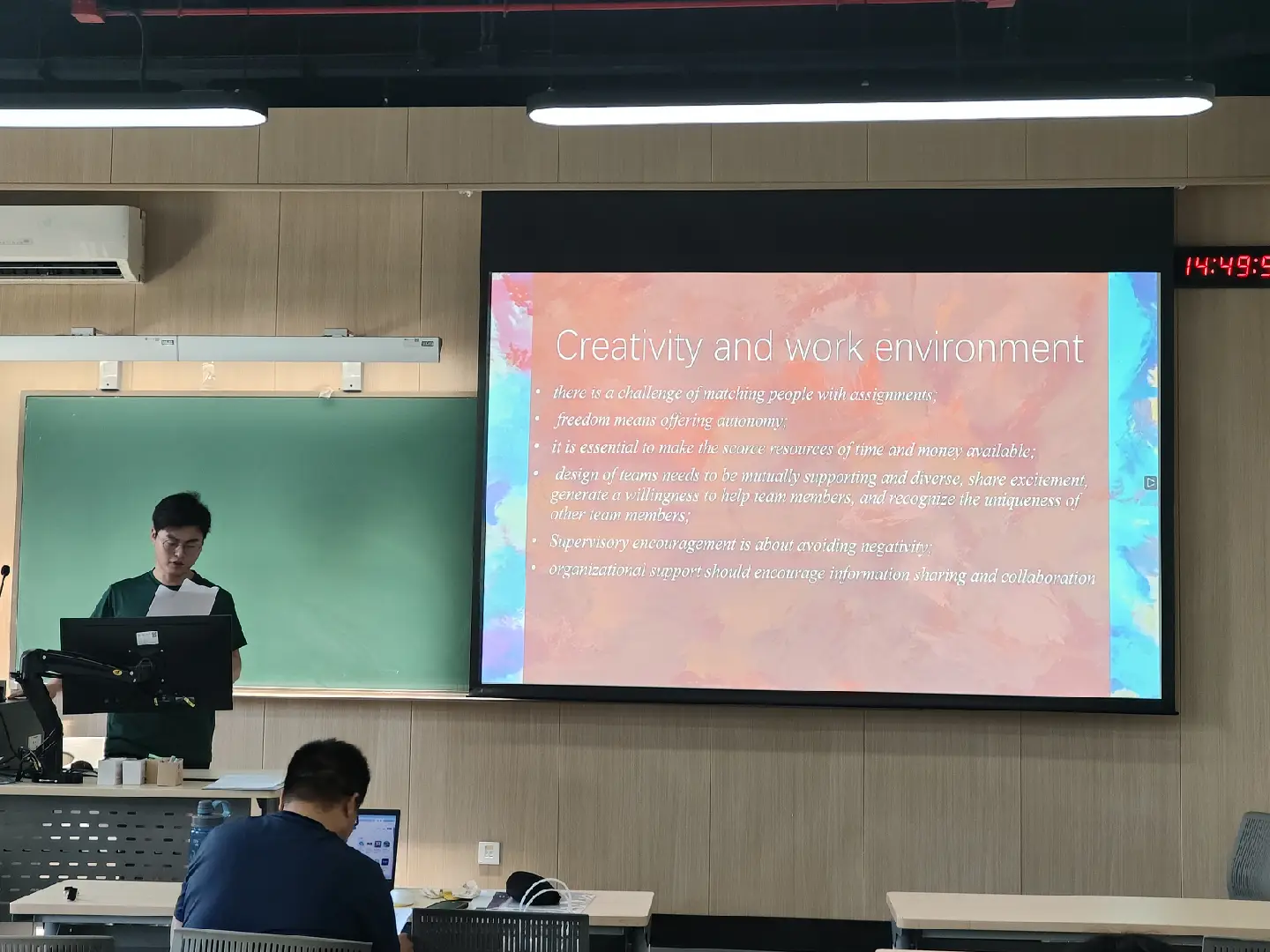
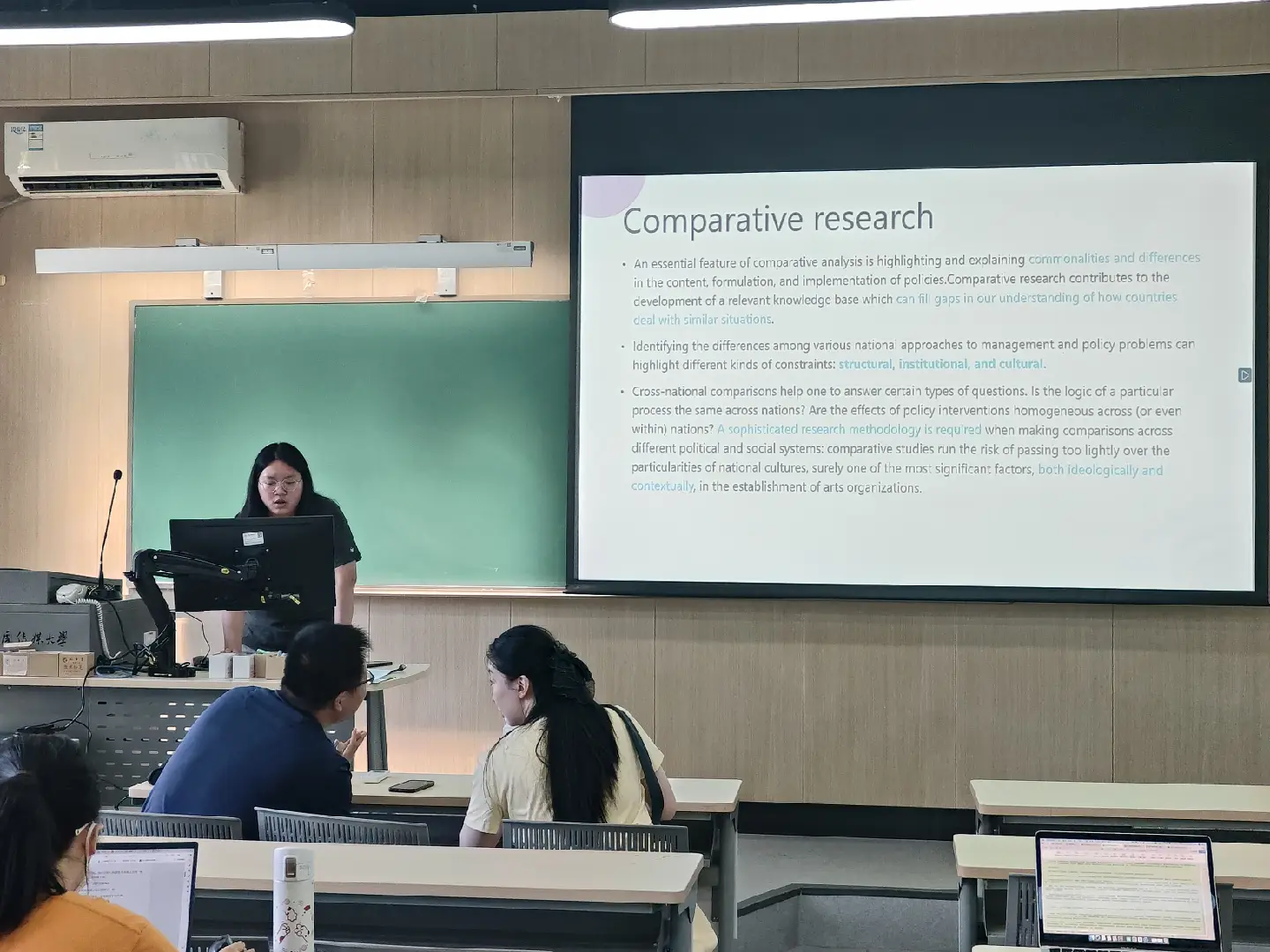
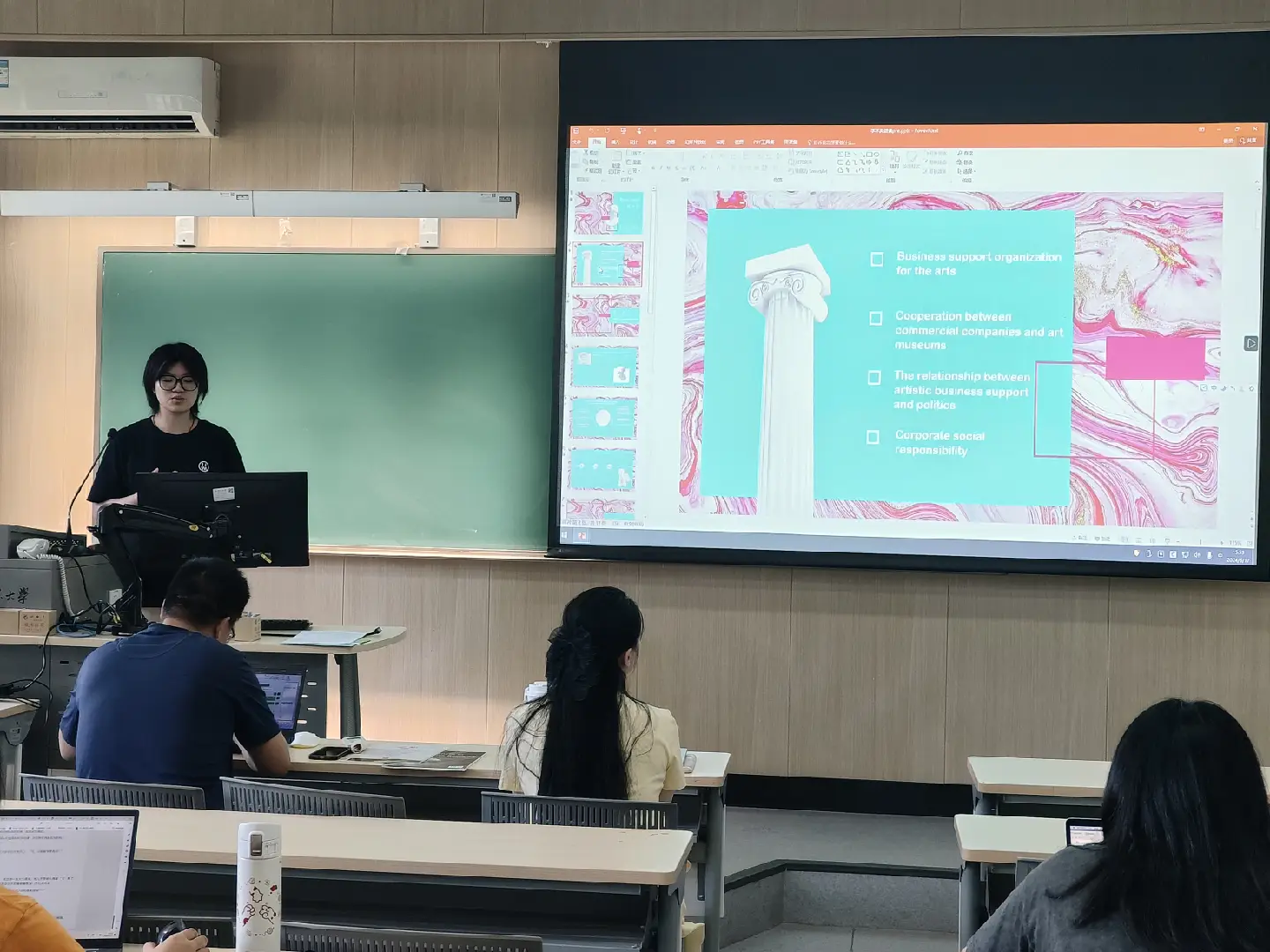
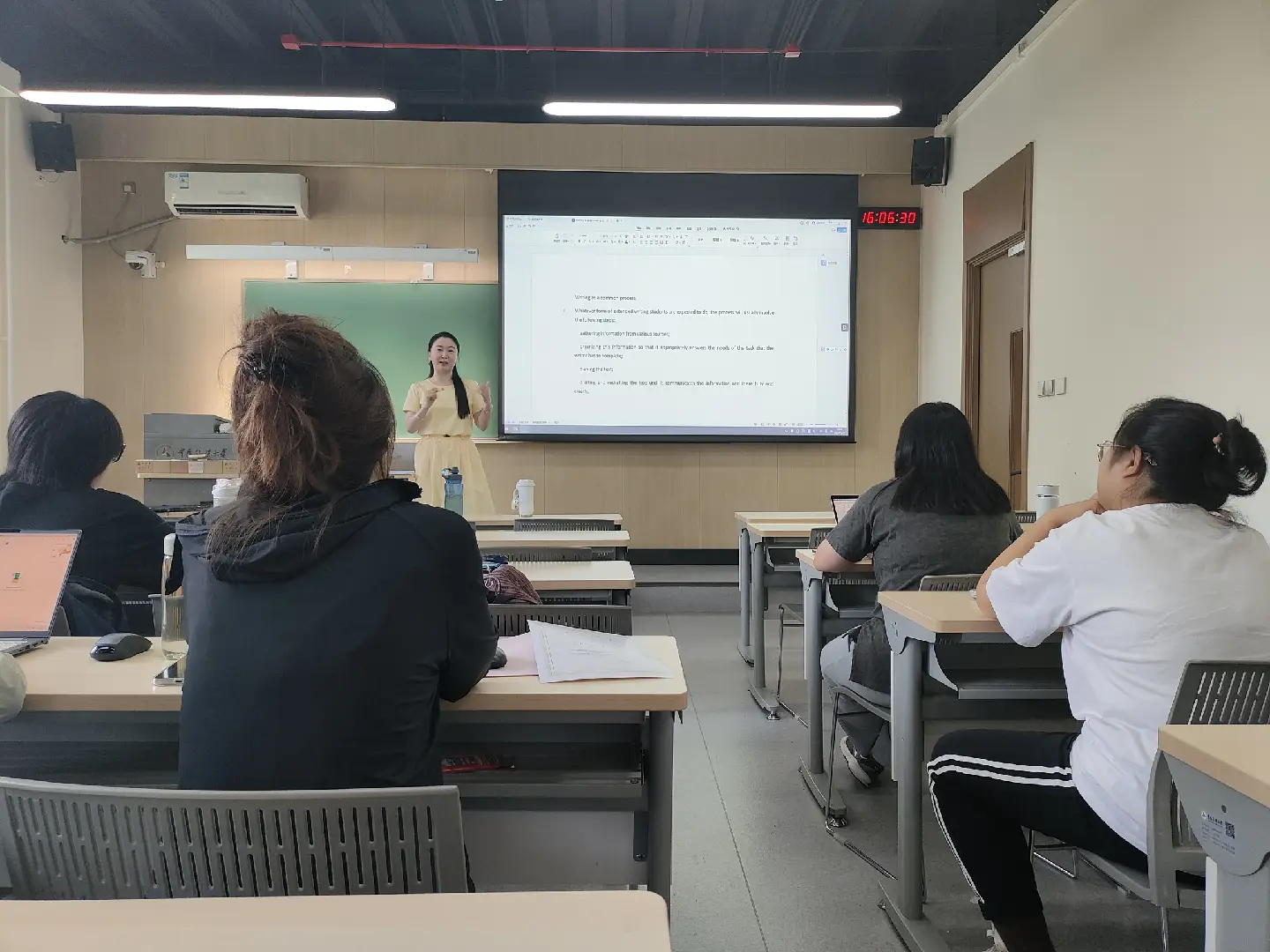
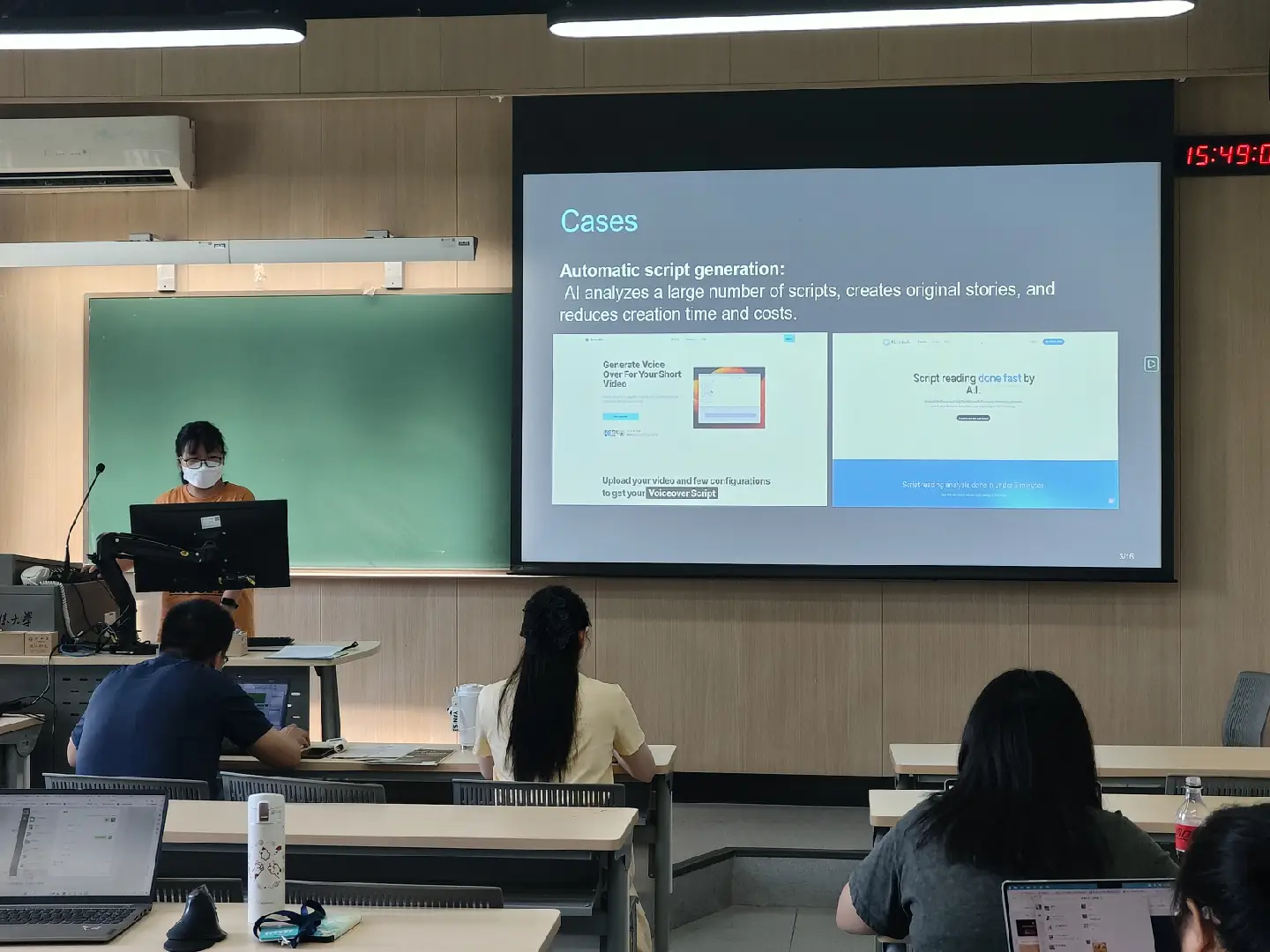
Venue:
Room 106, Building 39, Communication University of China
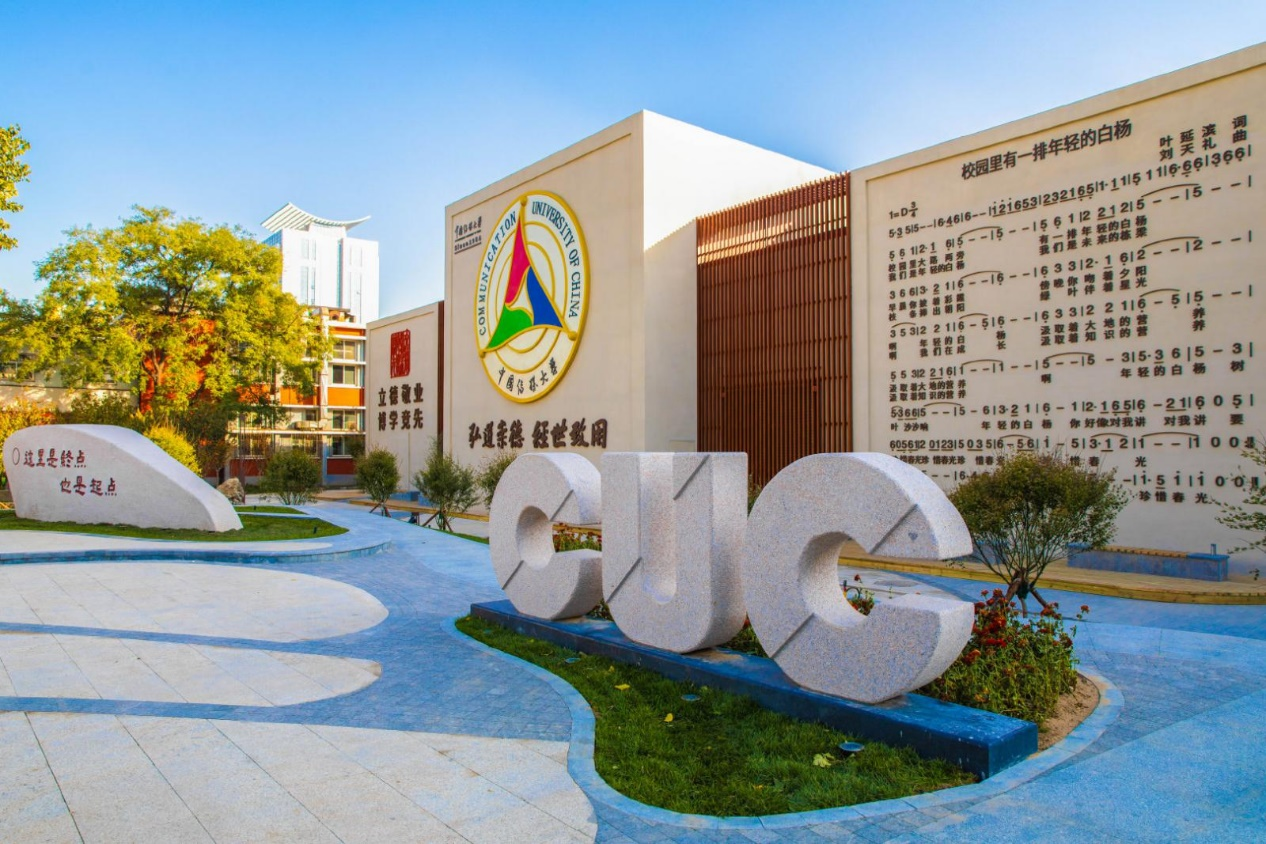
VISA
China Online Visa | Electronic Visas to travel to China
In order to ensure the information is correct and up to date, there may be changes which we are not aware of. And different countries have different rules for the visa application. It is always a good idea to check the latest regulations in your country. You should confirm details with your local Consular Office. This page just gives some general information of the visa application.
China Visa Information
-
Check whether you need a visa
To contribute to the tourism industry, some ports of entry in China allow nationals of some countries to visit specific regions within 72 or 144 hours if they are in transit to a third country. Nationals of 17 countries can travel visa free to Mainland China for short terms stays between 15, 30, 60 and 90s days. The countries listed below have a mutual visa-free agreement with China, with the exception of Brunei, Japan and Singapore to which China offers unilateral waivers. (https://www.chinaonlinevisas.com)
-
Check which visa you need to get
The majority of foreign citizens are required to obtain one of the China visas in order to visit the country, as there are only a few nationalities who are granted visa free entry for China for short stays. At the moment, travelers from countries who are not visa-exempt for China are obliged to apply for a visa in person from a Chinese embassy or consulate, with only a few exceptions, including for tour groups and airline crew from a few select countries. This is expected to change in the near future for select eligible nationalities when China introduces an electronic application form for visas. This will make it possible to apply for certain visa types for China exclusively online, eliminating the need to travel to an embassy or consulate in person.
As the launch date for the Chinese electronic is yet to be finalized, however, non visa-exempt citizens are still currently required to apply for one of the following visa types for China from an embassy or consulate.
-
China Visa Registration Process
Foreign nationals who wish to travel to China will need to follow a registration process to obtain their visa. The China Visa application form should be signed and every question must be answered. Applicants may select "none" if the question does not apply to their individual circumstances. Applications for the Chinese visa must be completed in block capital letters and handwritten changes will not be accepted. The signature on the China visa application must match the signature on the applicant's passport. People's Republic of China diplomatic missions require that each visa application is completed following strict guidelines. Supporting documents must be accurately and carefully prepared.
-
How Long Does It Take to Get a Visa to China
Generally speaking, if the applicant meets all the requirements, has all the necessary documents and holds a passport with at least six months validity and two blank pages it should take about four working days to get a Chinese visa. Some People's Republic of China Diplomatic Missions offer rush service, which speed up the processing time of a visa for China. Nonetheless, it is only available for cases of extreme urgency and depend on the approval of the Chinese Consular Office. Foreign nationals who wish to travel to Mainland China, whether it is for tourism, business, transit or other, are recommended to apply between two months to fifteen days before their departure. If the traveler applies with too much time in advance, they visa might expire before they can use it. When a visa for China is granted, the validity period of such visa begins from the moment it was approved.
-
How Do You Get a Visa for China?/h3>
The People's Republic of China has several types of visas in place. The visa a traveler needs depends on their citizenship, purpose of trip and the length of their stay. Currently, there are only 17 countries that are exempt from applying for a China visa to travel to Mainland China. However, the country does waive visas if the traveler meets specific requirements and is traveling to certain regions.
To apply for a Chinese visa, the traveler will need to complete an application form, attach a recently-taken color photo, submit the application and pay the respective fee. Tourist that are from non-visa exempt countries should apply for the Tourist (L) visa, issued to aliens who are traveling to Mainland China for tourism purposes only. Those who wish to carry out business in China will need to obtain the Business (M) China visa.
To successfully apply for a visa to China, the applicant will need to provide supporting documents and a valid passport. If applying for a Tourist (L) visa to China, the supporting documents refer to round-trip tickets, accommodation bookings, or an invitation letter from a travel agency in China. It is important to note that the China visa application requirements will vary depending on the type of visa the traveler is applying for.
